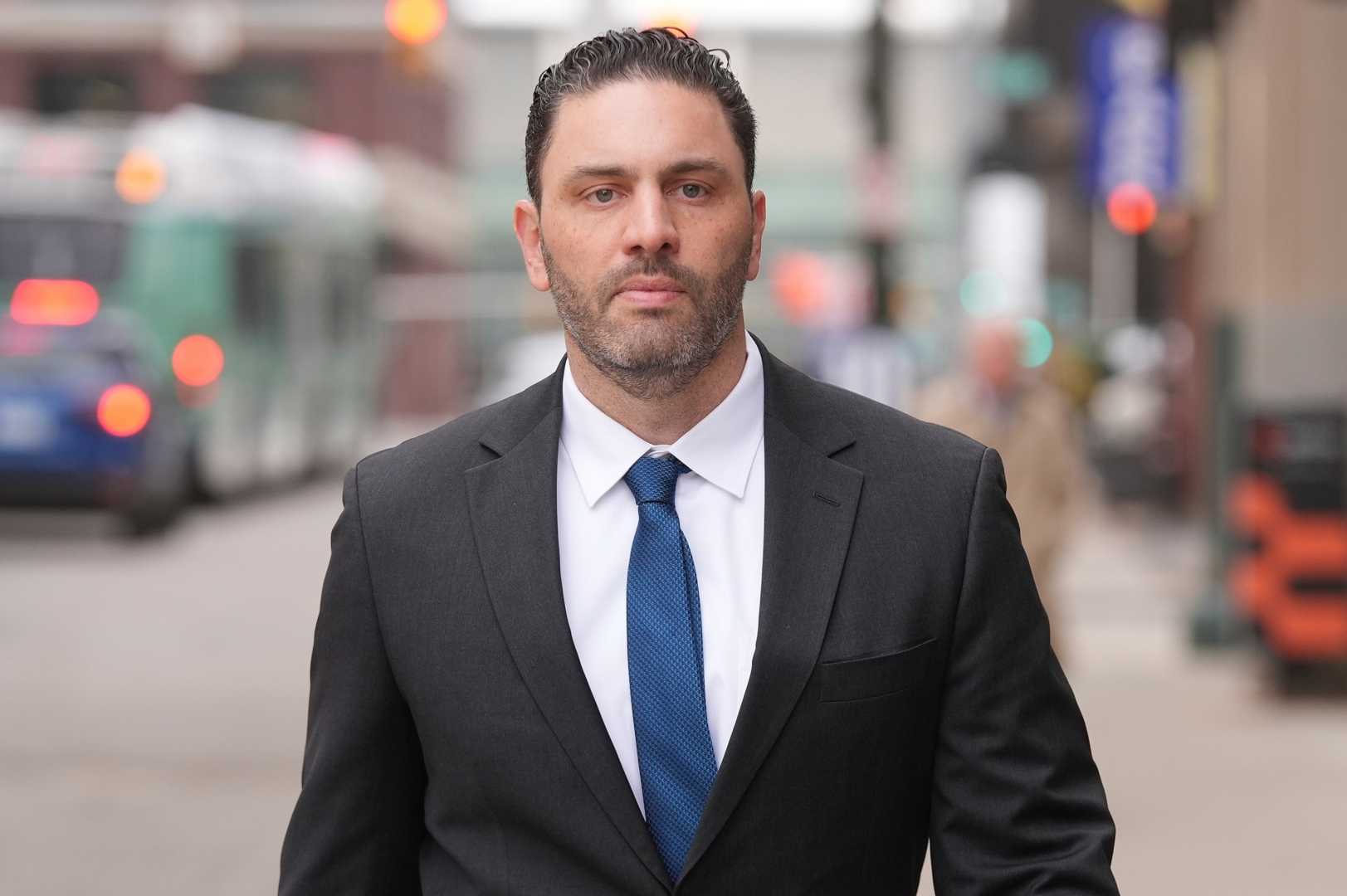News
Michigan Football Coach Charged in Massive Hacking Scheme Targeting Female Athletes

DETROIT, Mich. — Matt Weiss, a former Michigan football and NFL coach, pleaded not guilty on Monday to 24 counts of unauthorized access and aggravated identity theft, stemming from an extensive hacking scheme targeting over 3,300 female college athletes, including several from Westmont College, a small liberal arts institution in California.
Weiss, 42, was accused of illicitly accessing social media, email, and iCloud accounts of the athletes over nearly a decade. The allegations surfaced after the FBI investigated suspicious logins to email accounts belonging to Westmont students and alumni.
“Absolutely shocking,” said Jason Tavarez, Westmont’s director of institutional resilience. “When I read the indictment, I couldn’t believe it.”
Prosecutors claim Weiss infiltrated the accounts to download private photographs that were not meant for public viewing. The investigation revealed that Weiss allegedly logged extensive personal details about his victims, noting their athletic histories and physical characteristics.
Weiss, who was earning $850,000 a year as Michigan’s co-offensive coordinator before his firing in January 2023, reportedly gained initial access through Keffer Development Services, a contractor managing medical information for approximately 150,000 athletes from over 100 institutions.
During the arraignment, Weiss’s attorney declined to comment on the charges. Legal experts have described Weiss’s case as unprecedented for an individual acting alone, as many similar crimes are typically connected to broader hacking operations.
Carrie Goldberg, a victim rights attorney in New York, labeled the situation “prolific,” noting that Weiss’s actions stand out in terms of scale and privacy violations without an apparent financial motive.
Since the indictment’s release, two former Michigan student-athletes have initiated a class-action lawsuit against Weiss, Michigan, and Keffer Development Services, claiming negligence led to a breach of their intimate information, resulting in trauma and feelings of betrayal.
“This negligence has compromised the confidentiality of personal, medical, and intimate information,” said Parker Stinar, the attorney representing the plaintiffs. “We are committed to holding the University accountable for its actions.”
The university has yet to respond to the lawsuit as it has not been formally served, and Keffer declined to comment. Westmont’s Tavarez noted that the school considered itself a victim in this scenario and said the FBI had contacted affected individuals to inform them of the ongoing investigation.
Legal experts point out that the implications of Weiss’s alleged activities could lead to further lawsuits from unspecific numbers of additional victims across numerous schools, potentially exposing universities to liability via third-party vendor contracts.
Weiss now faces a lengthy prison sentence and significant fines if convicted. The full extent of his alleged activities and the total number of victims remains uncertain as investigations are ongoing.
“It’s heartbreaking,” Tavarez added. “We are very sensitive to people’s information and how we store it. It’s a real concern for us in this digital age.”












